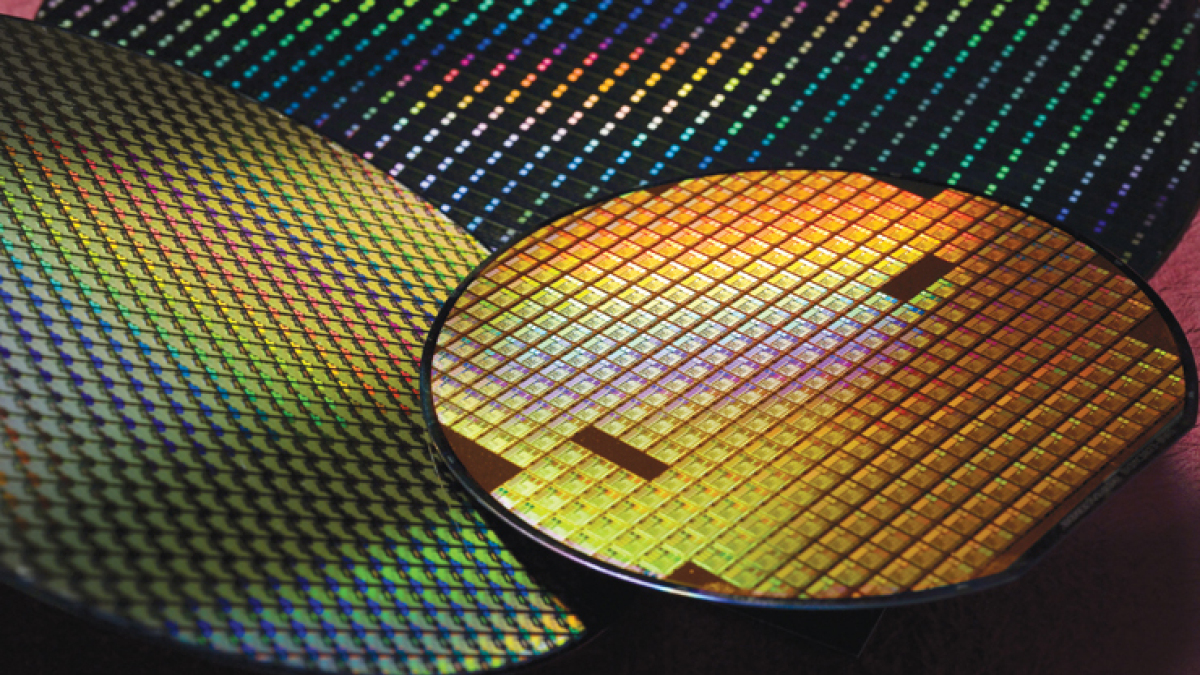You mean the Ultrabook concept that Intel announced in 2011, THREE YEARS after Apple introduced the Macbook Air, for which Apple had to ask Intel to create a different CPU packaging form factor just for them?
Since we are talking Macbook Airs
1st Generation was a Failure and was announced
Jan 2008 at Macworld. It was a failure due to price and not having a SSD on any model till you paid an insane amount of money, while the 5400 rpm hard drive in a small chassis was extremely slow. There was a Generation 1.5 released 9 months later
Oct 2008 with a Nvidia Chipset which with much better Graphics and other goodies.
2nd Generation of Macbook Air was
Oct 2010 with a redesign chassis, a much better cpu, gpu (battery life wise), and a SSD on every model for the base model now has SSD.
Enormous Success, can't even nail down how much it changed the industry for it became the industry over time. And while the industry changed Apple kept most of the profits of the larget marketshare, and the non Macbook Airs really became Macbook Airs but bigger over time such as the Macbook Pro with Retina Display starting in 2012, June for the 15" and Oct for the 13".
Ultrabooks were announced at Computex
May 2011, aka 6 months later. OEMs and Intel were not ready 4 months earlier at CES but they waited till 6 months later for OEMs operate in quarter cycles to introduce new models.
Ultrabooks was a semi-successful thing, but also was kind of a disappointing failure at the same time. It was good to create a standard and try to shape a market moving towards SSDs but also it was an all or nothing for Intel wanted to create only 1 halo brand instead of 2 halo brands targeting the 600 to 800 market (decent) and the 1000 market for the price of SSDs in 2011 pretty much put everyone in the 2011 market. This is why Intel did revision on Ultrabook requirements in later years with Intel 3rd Gen, and 4th Gen processors, and while the revisions were good the OEMs were already frustrated with Intel by that time. Likewise Intel was subsidizing somewhat the OEMs where they get early adopter fees / rebate fund hoping to get them to build enough of these Ultrabooks that economy of scale will kick in. (This Intel Ultrabook Fund of $300 million did not start till
Oct 2011.) This Ultrabook fund was 300 million spent over several years, the entire computer industry (including servers) was 260 billion in 2011, aka almost 1 in 900 but also a time mismatch for the Ultrabook fund was over several years not a single year.
-----
In sum I am Amibvalent over the Ultrabook concept, it was an important idea, and it had both successes and flounders, and the best Ultrabook success wise was the Macbook Air who did it first and was not officially licensed by Intel and thus could not use the name. [ and Apple did not care since they created the concept ]
Creating the concept Ultrabook was Intel trying to create a standard to say all devices with the name Ultrabook are good and not those slow netbooks from 2007 to 2012 which had damage the brand for Intel was not doing a good job separating in the customer's mind yes this runs Windows, and yes this is small and portable, but anything with the name Atom is slower than dirt, yet these Intel Core chips when they had a SSD and 4gb of Ram they are actually very nice. And yes we require all Ultrabooks to be thin even though this was the counterproductive part of the name definition (but Intel was trying to "sculpt" the market, with the thinness requirement.)
Likewise Intel was also trying to make laptops lighter for while thinness was not consumer demanded weight was so they were experimenting with metal chassis which were more expensive then (this changed over a period of 10 years for everyone switched over to this equipment, but it was super expensive at first when the Macbook Air did this with the 2nd generation in 2010.) Intel did figure out very light and cheap plastic cases that were sturdy but none of the OEMs took Intel up on these new designs besides a couple of test laptops for while these plastic cases were good, they were plastic and Human culture at the time associated plastic with inferior quality but also not something one would want to show off to others and thus this paragraph I am writting now Intel learned was not what consumers wanted and Apple was right to invest in those expensive unibody aluminum machines.
( I am agreeing with Doug S but also saying it is more complicated this time in the past )



